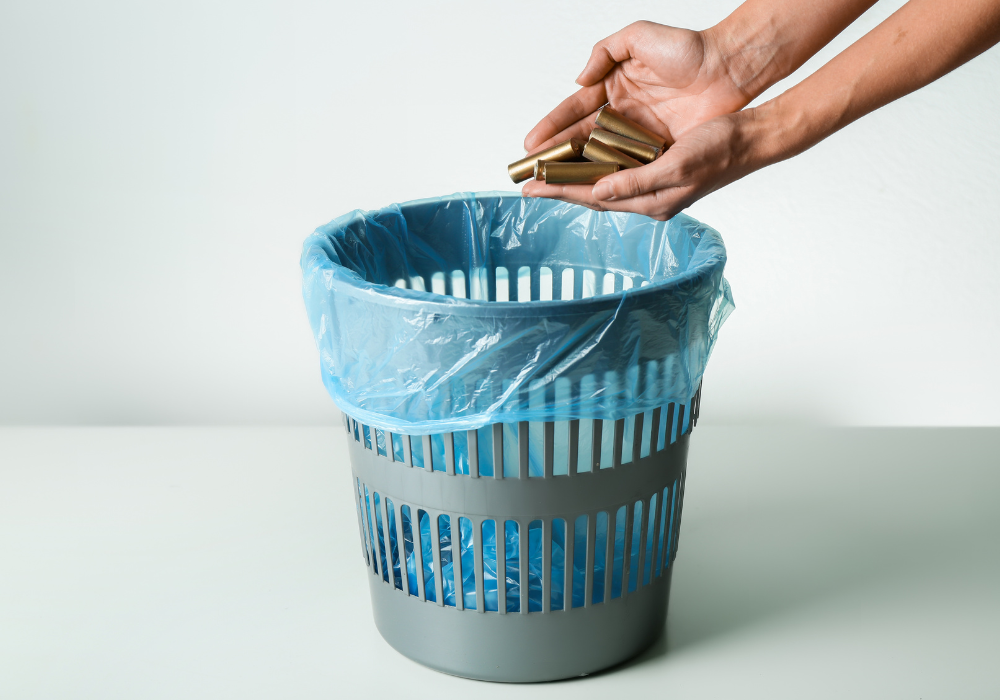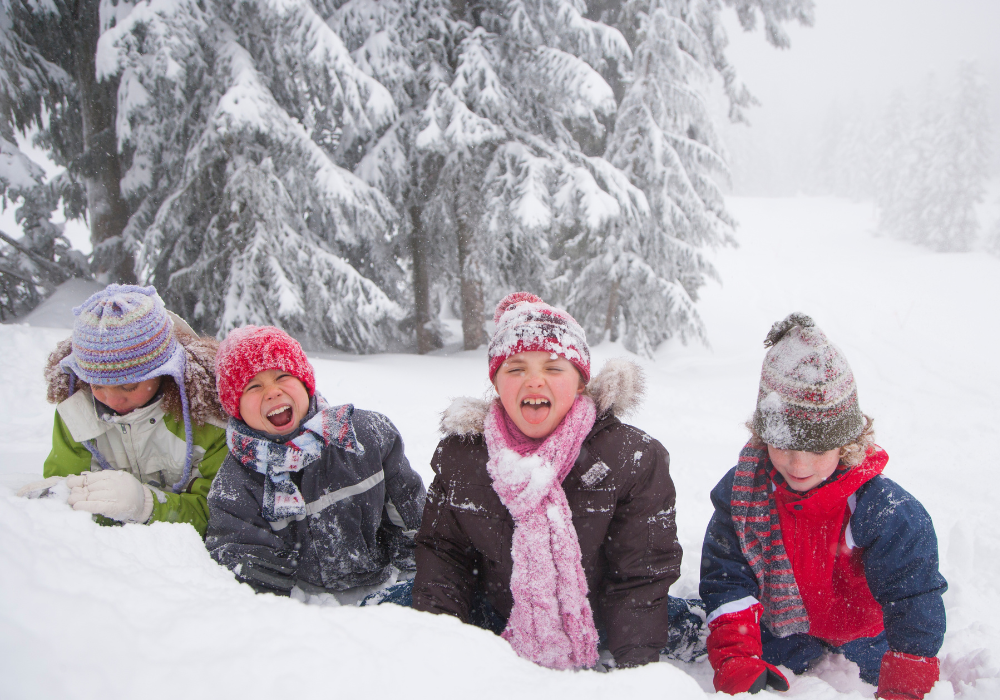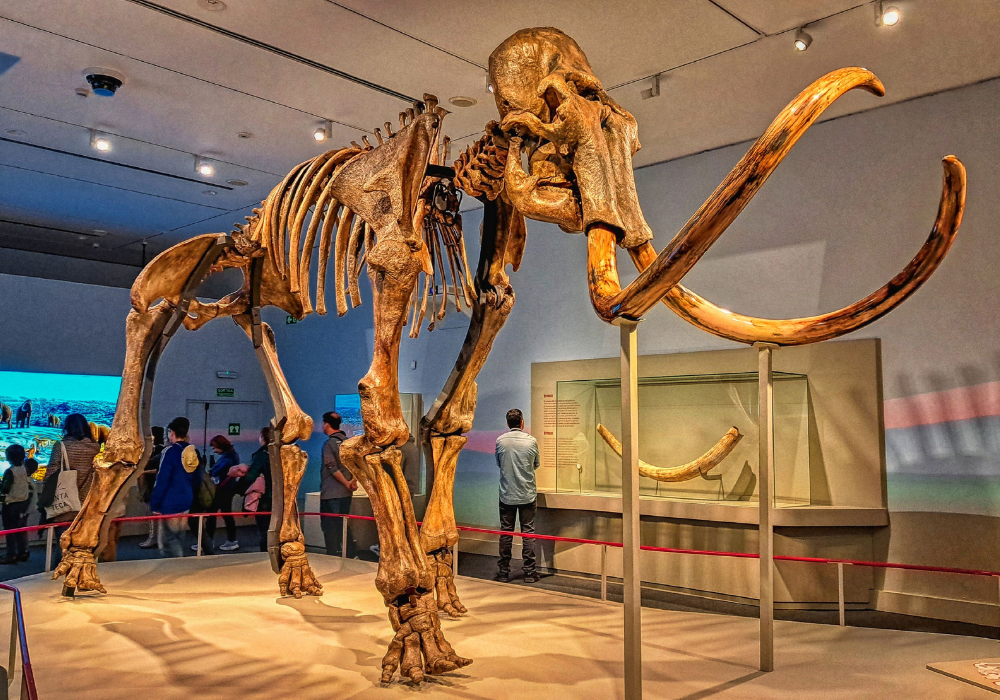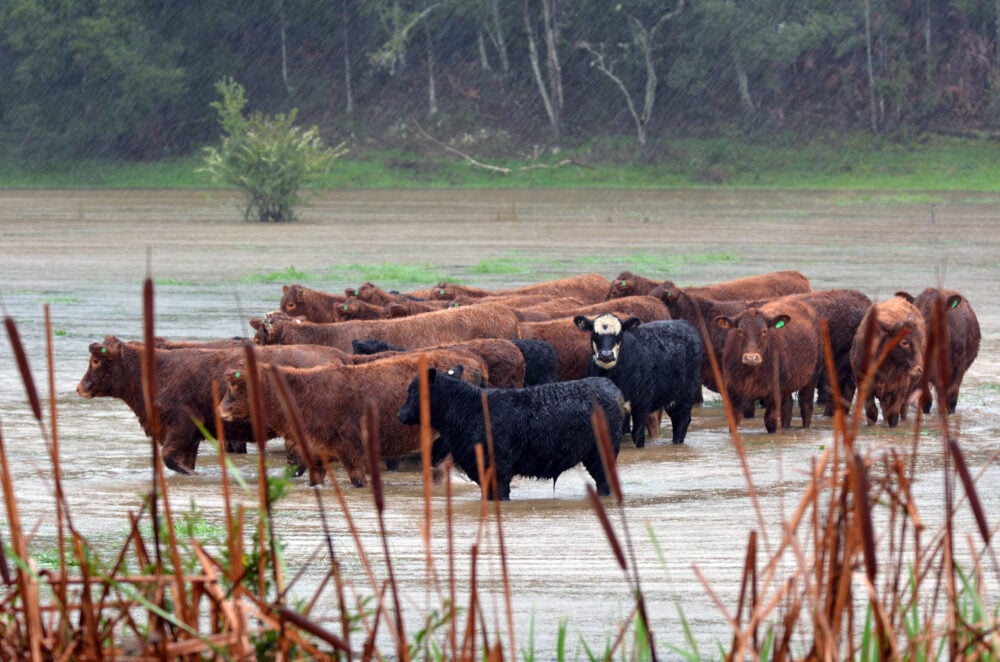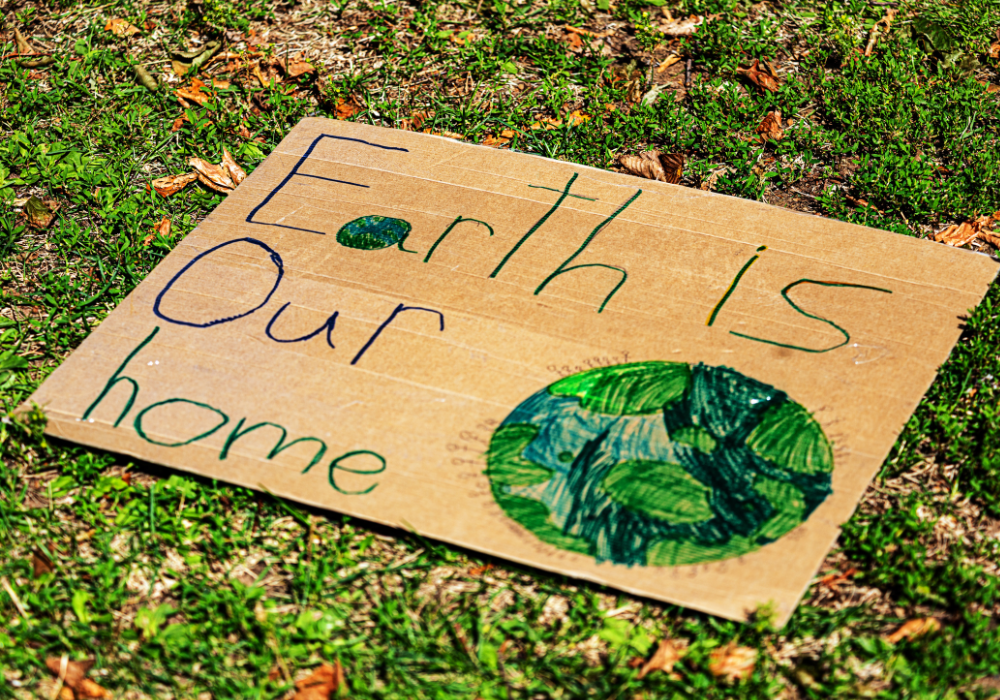You’ve been wasting money by not reusing these common household items.

You’re probably throwing away stuff that could actually be saving you time, money, and a whole lot of hassle. Seriously—some of the most boring, everyday items in your house have shockingly clever uses you’ve never even considered. It’s not about turning into a hoarder or crafting a spaceship out of paper towel rolls. It’s about seeing potential where you used to see junk.
Once you realize how versatile some of these items really are, you’ll start looking at your trash can a little differently. You don’t need to buy fancy gadgets or new organizing tools—chances are, the solution is already sitting in a drawer. Ready to find out what you’ve been wasting without even knowing it? You might just be amazed.
